At Commonwealth Contractors, our approach to building mirrors my personal philosophy on life, blending practicality with a touch of ingenuity. With a deep respect for classical building principles and a keen eye for modern improvements, you can rest assured that when you collaborate with Commonwealth Contractors, your project will be managed with quality and integrity.
.svg)


Finding affordable and flexible housing options in Virginia can be a challenge for many homeowners and investors. The rising costs of real estate and the need for additional living space make it difficult to accommodate growing families or generate rental income. Accessory Dwelling Units (ADUs) offer a practical solution, providing extra space and enhancing property value, but navigating the regulations and construction process can be daunting.
At Commonwealth Contractors, we specialize in guiding homeowners through the complexities of ADU construction in Virginia. Our experienced team understands the specific requirements and local regulations that govern ADU projects. We are dedicated to helping you transform your property with well-designed, compliant, and sustainable ADU housing that meets your needs. For more information on our design-build approach, check out our comprehensive guide.
Curious about how to get started with an ADU in Virginia? This comprehensive guide will walk you through everything you need to know, from understanding local regulations to exploring financing options and designing your perfect ADU housing. Keep reading to discover how an ADU in Virginia can enhance your property and provide valuable housing solutions.
Understanding Virginia's ADU Regulations
Navigating the complex web of regulations governing ADU housing in Virginia can be challenging. Understanding state and local regulations is crucial for compliance and successful project completion. This guide will help you understand the essential regulations to consider when planning your ADU project.

- Zoning Laws: ADUs must comply with residential zoning laws, ensuring they fit within the designated use of the property. This means that your ADU must meet the specific requirements set forth by local zoning ordinances, such as minimum lot size and setback distances.
- Building Codes: ADUs must adhere to specific building codes, including safety and structural standards. These codes cover everything from electrical wiring and plumbing to fire safety measures, ensuring that your ADU is safe and habitable.
- Permitting Requirements: Detailed documentation and approvals are necessary for construction. You will need to submit architectural plans, site surveys, and other documents to obtain the necessary permits from your local government.
- Occupancy Limits: ADUs have defined occupancy limits to ensure they remain secondary units. These limits are in place to prevent overcrowding and maintain the character of residential neighborhoods.
Navigating the Permitting Process
The permitting process for ADU housing in Virginia requires careful planning and attention to detail. Understanding and following the necessary steps can make the process much smoother. Here are some essential tips to help you navigate the ADU permitting process effectively:
- Gather Necessary Documents: This includes property deeds, site plans, and architectural drawings. Ensuring you have all the required documents prepared in advance can save time and reduce the likelihood of delays.
- Submit Applications: Complete and submit all required permit applications to local authorities. Be thorough in filling out applications to avoid any issues that could lead to rejection or requests for additional information.
- Address Potential Hurdles: Be prepared to address any zoning issues or neighbor concerns that may arise. Engaging with neighbors and local zoning officials early in the process can help mitigate conflicts and ensure smoother approvals.
- Stay Informed: Keep up-to-date with any changes in local regulations that could impact your project. Regularly checking resources like the Virginia government’s housing page can provide valuable updates and insights.
Benefits of an ADU
ADUs offer numerous benefits, making them an attractive option for many homeowners and investors in Virginia. These secondary units provide versatile solutions that cater to various needs. Here are some key advantages of adding an ADU to your property:
- Affordability: ADUs provide affordable housing solutions for families and renters. By utilizing existing property space, homeowners can create additional living areas without the high costs associated with new land purchases and full-scale constructions.
- Rental Income: Renting out an ADU can generate a steady income stream. This additional revenue can help offset mortgage payments, property taxes, and maintenance costs, making it a financially sound investment.
- Flexibility: ADUs can serve various purposes, from guest houses to home offices. This versatility allows homeowners to adapt the space to their evolving needs, whether it’s accommodating aging parents, providing a private workspace, or offering a temporary living space for friends or family.
- Sustainable Living: ADUs often incorporate eco-friendly designs and materials. By focusing on energy efficiency and sustainable building practices, homeowners can reduce their environmental footprint and lower utility bills.
- Increased Property Value: Adding an ADU can significantly boost your property’s value. The additional living space is attractive to potential buyers, making your property more competitive in the real estate market.
Choosing the Right Type of ADU for Your Property
Selecting the appropriate type of ADU for your property depends on your specific needs and property characteristics. Understanding the different types can help you make the best decision for your space and goals. Here are the common types of ADUs you might consider:

- Detached ADU: A separate structure from the main house, providing maximum privacy. Detached ADUs are ideal for creating a completely independent living space, which can be used as a rental unit, guest house, or even a home office without disturbing the main household.
- Attached ADU: Built as an extension to the existing house, offering convenient access. Attached ADUs are suitable for families who want to stay close while providing a separate living area for extended family members or guests, ensuring ease of access to the main house.
- Garage Conversion: Transforming an existing garage into a livable space. Garage conversions make use of existing structures, reducing construction costs. This option is perfect for those who have underutilized garage space and want to maximize their property’s potential without extensive new builds.
- Basement ADU: Utilizing basement space for a secondary dwelling unit. Basement ADUs offer a cost-effective way to add living space by converting existing basements into habitable areas. This option is particularly advantageous in homes with large basements that are currently used for storage or utility purposes.
Each type has its own set of advantages and considerations, so choose the one that best fits your property and goals. For further insights into choosing the right ADU, check out important characteristics to look out for when building an ADU. By understanding the unique benefits and limitations of each type, you can make an informed decision that aligns with your needs and enhances your property’s functionality and value.
Key Considerations When Designing Your ADU
Designing an ADU involves several key considerations to maximize space, ensure privacy, and comply with local regulations. Thoughtful planning and attention to detail will help you create a functional and comfortable living space. Here are the important factors to keep in mind:

- Location: Decide whether the ADU will be attached to the main house or detached, based on your privacy and accessibility preferences. Attached ADUs offer easy access to the main house, while detached units provide more privacy and can serve as a completely separate living space.
- Layout: The layout will depend on the intended use of the ADU. Consider open floor plans for smaller spaces to enhance the sense of openness and avoid clutter. Multifunctional furniture and smart storage solutions can help optimize the available area.
- Compliance: Consulting with local authorities or a professional designer familiar with ADU regulations can help avoid costly mistakes and ensure a smooth approval process. For insights into important regulations like Virginia's easement laws, check out our guide on Virginia Easement Laws.
- Accessibility: Consider incorporating universal design principles to make your ADU accessible to people of all ages and abilities. Features like step-free entrances, wider doorways, and accessible bathrooms can make the space more usable for everyone.
- Energy Efficiency: ADUs can be designed to optimize natural light and ventilation, reducing the need for artificial lighting and mechanical ventilation. Thoughtful design can also include features like solar panels to harness renewable energy, further reducing the carbon footprint.
- Privacy: Plan for privacy for both the main house and the ADU. This can include strategic placement of windows, using landscaping for screening, and designing separate entrances to minimize shared spaces.
- Outdoor Space: Don’t forget to consider the outdoor space surrounding the ADU. Creating a small patio, garden, or sitting area can enhance the livability of the ADU and provide additional functional space.
Financing Your ADU Construction
An ADU project can be a significant financial consideration for homeowners. Understanding the costs and exploring available financial resources is crucial for successful project completion. Here’s an overview of costs and financial resources available for ADU projects in Virginia:
- Cost Estimates: ADU costs can range from $150 to $300 per square foot, with some projects exceeding this range depending on materials and design. The total cost can vary based on the size of the unit, quality of finishes, and complexity of the construction. For detailed cost information, you can refer to Angi's cost guide on building an ADU in 2024.
- Loans: RenoFi Renovation Home Equity Loans are popular options for financing ADU construction. These loans take into account the post-construction value of the property, thereby increasing the homeowner's borrowing power. This type of loan can be particularly advantageous for homeowners who need significant funds upfront for construction.
- Grants: The Affordable Dwelling Unit (ADU) program offers homes at a percentage of Housing and Urban Development's (HUD) Area Median Income (AMI). There are income limits for eligibility, making these grants accessible to households within certain income brackets. This program can provide substantial financial support for those who qualify.
- Other Financial Resources: In addition to loans and grants, homeowners might consider personal savings, home equity lines of credit (HELOCs), or other financing options tailored to ADU projects. Each option comes with its own set of benefits and considerations, so it's essential to evaluate which one best fits your financial situation.
Why ADUs Are More Environmentally Friendly
ADUs (Accessory Dwelling Units) are inherently more environmentally friendly than traditional housing options for several reasons. By incorporating eco-friendly materials and energy-efficient designs, ADUs can significantly reduce their environmental impact while offering a sustainable living solution. Here’s why ADUs are a green choice:
- Smaller Footprint: ADUs typically have a smaller footprint compared to conventional homes, which means they require fewer materials and less energy to build and maintain. This reduction in resource use leads to lower overall environmental impact.
- Sustainable Materials: Building an ADU with sustainable materials like recycled steel, concrete, and bamboo can further reduce environmental impact. These materials are often more durable and require less frequent replacement, cutting down on waste over the building's lifespan.
- Water Conservation: ADUs can incorporate water-saving fixtures such as low-flow faucets, showerheads, and toilets to significantly reduce water usage. Additionally, installing systems like rainwater harvesting and utilizing drought-resistant landscaping can conserve water resources and promote sustainable living practices.
- Reduced Waste: The construction of ADUs can be planned to minimize waste by carefully measuring and cutting materials, reusing or repurposing on-site materials, and implementing a recycling plan for construction debris. This approach not only reduces landfill waste but also promotes a circular economy in the building industry.
- Indoor Air Quality: Choosing low-VOC (volatile organic compounds) paints, adhesives, and finishes can improve indoor air quality and reduce allergens. Materials like natural wood and stone can create a healthier living environment by minimizing indoor pollutants.
Selecting a Contractor for Your ADU Project
Choosing the right contractor is crucial for the success of your ADU project. An experienced contractor can ensure your project is completed on time, within budget, and to the highest quality standards. Here are some tips for finding and selecting an experienced ADU contractor:
- Research: Look for contractors with experience in ADU construction and check their portfolios. A contractor with a proven track record in building ADUs will understand the unique challenges and requirements of these projects. Review their past projects to see if their style and quality match your expectations.
- Credentials: Verify their licenses, insurance, and certifications. Ensuring that the contractor is properly licensed and insured protects you from potential liabilities and confirms that they meet professional standards. Certifications from reputable industry organizations can also indicate a higher level of expertise and commitment to quality.
- References: Ask for references from previous clients and follow up on them. Speaking with past clients can provide valuable insights into the contractor’s work ethic, reliability, and ability to meet deadlines. Positive references are a strong indicator of a contractor’s ability to deliver satisfactory results.
- Questions: Prepare a list of questions to ask potential contractors, such as their approach to project management and their familiarity with local regulations. Asking the right questions can help you gauge their experience and how they handle challenges. Inquire about their process for obtaining permits, managing subcontractors, and handling unexpected issues that may arise during construction.
Choosing Commonwealth Contractors for Your ADU Project
At Commonwealth Contractors, we have been dedicated to delivering high-quality construction services in Virginia for many years. Our commitment to excellence and attention to detail has earned us a reputation for reliability and superior craftsmanship. We specialize in a variety of construction projects, including ADU housing construction, ensuring each project meets the highest standards of quality and compliance.

Here are six key features that set us apart and why you should choose us for your ADU housing project:
- Expertise in ADU Construction: We have extensive experience in building ADUs, understanding the unique challenges and requirements these projects entail. Our team is skilled in designing and constructing ADUs that are functional, aesthetically pleasing, and compliant with local regulations.
- Comprehensive Design-Build Services: Our design-build approach streamlines the construction process by integrating design and construction services under one roof. This method improves communication, reduces costs, and speeds up project completion.
- Regulatory Knowledge: We stay up-to-date with the latest zoning laws and building codes in Virginia, ensuring that your ADU project complies with all local regulations. Our team manages all the necessary permits and inspections, providing a hassle-free experience for homeowners.
- Sustainable Building Practices: We prioritize eco-friendly materials and energy-efficient designs in our construction projects. By incorporating sustainable practices, we help reduce environmental impact and provide long-term savings on energy costs.
- Customized Solutions: We offer personalized design solutions tailored to meet the specific needs and preferences of our clients. Whether you need an attached ADU, a detached unit, or a garage conversion, we work closely with you to bring your vision to life.
- Quality Craftsmanship: Our team of skilled professionals is committed to delivering exceptional quality in every aspect of construction. From the initial design phase to the final touches, we ensure that every detail meets our high standards of excellence.

.svg)


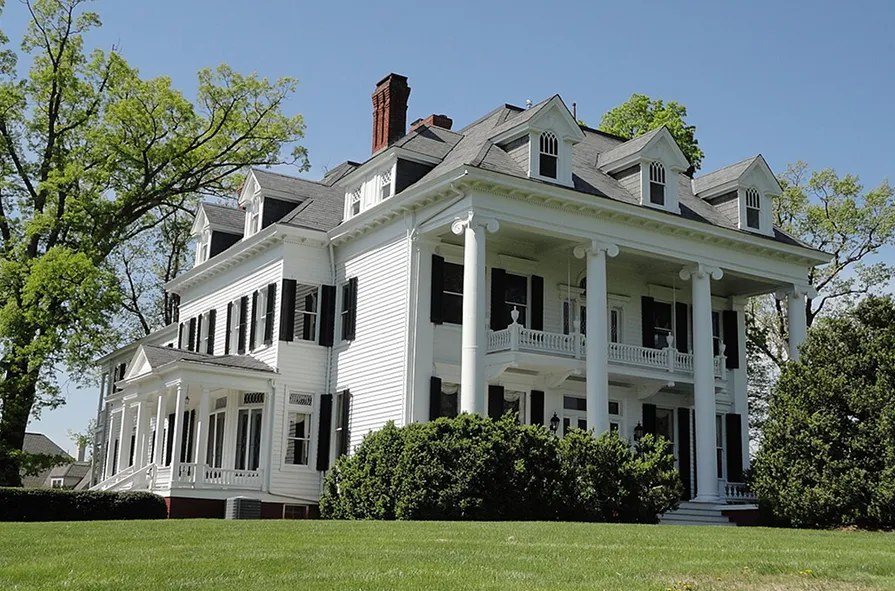
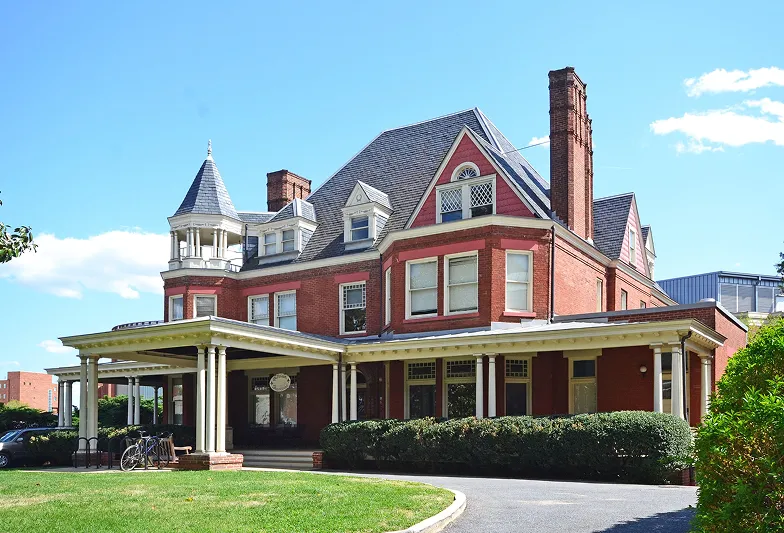
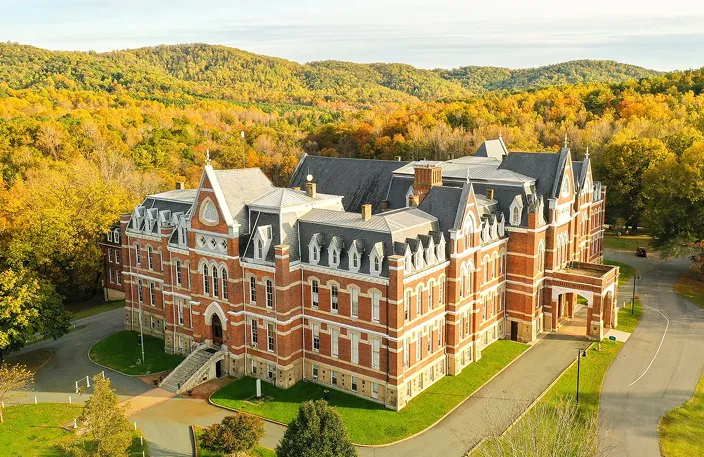
.webp)
.webp)
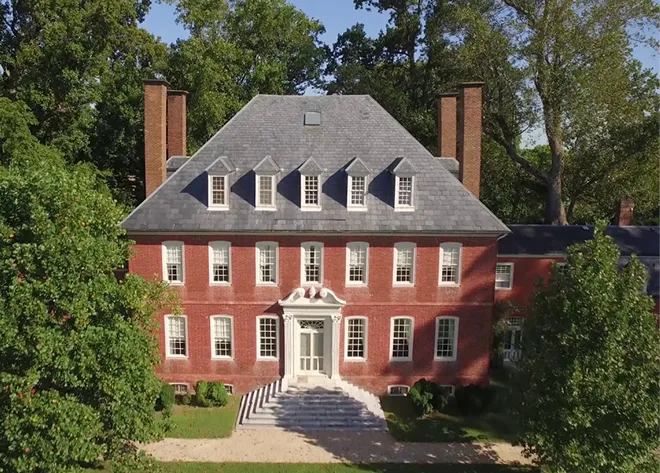
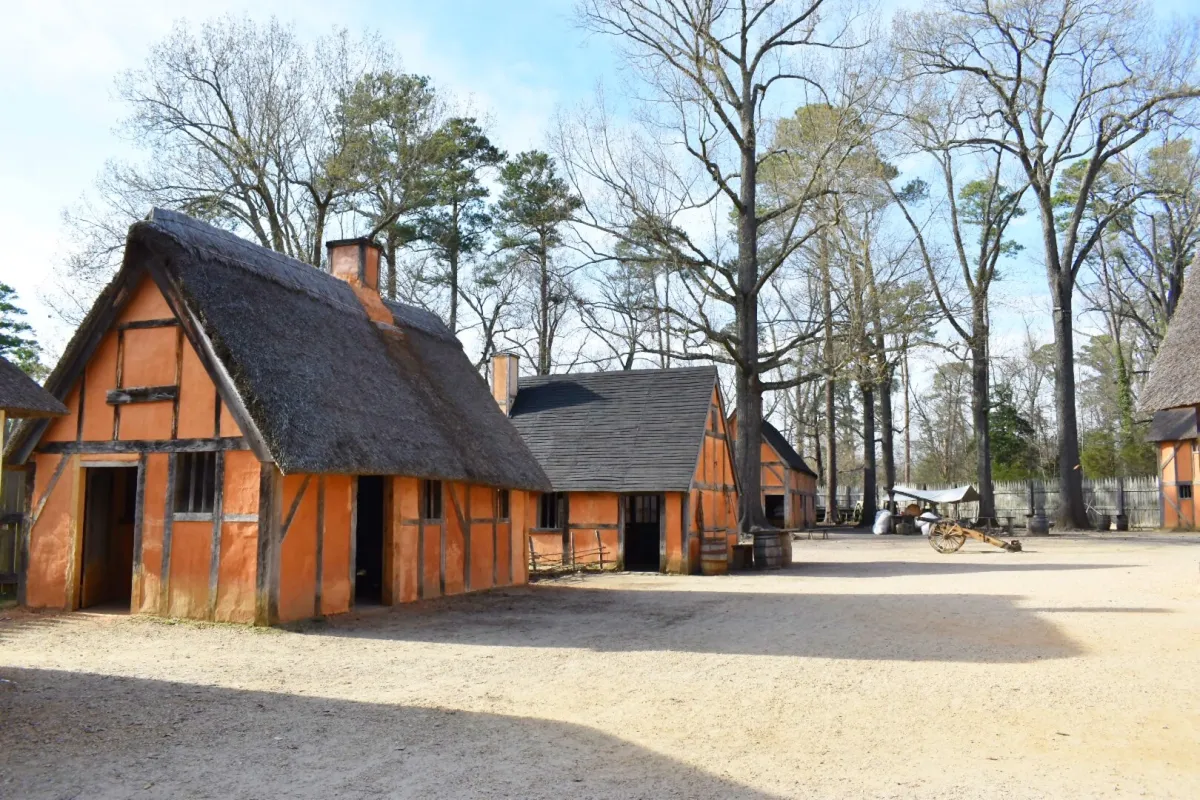
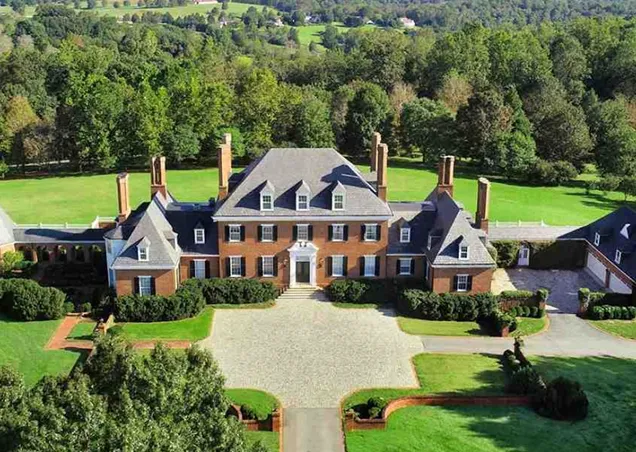
.webp)
.webp)










.webp)
.webp)

.webp)
.webp)
%2520(1).webp)
%2520(1).webp)
%2520(1).webp)

.webp)
.webp)
%2520(1).webp)
%2520(1).webp)

%2520(1).webp)
%2520(2).webp)

%2520(1).webp)
%2520(2).webp)
.webp)



.webp)
.webp)
%2520(2).webp)
.webp)
.webp)
%2520(1).webp)

.webp)
%2520(3)%2520(1).webp)
.webp)
%2520(1)%2520(1).webp)
.webp)
%2520(1).webp)
%2520(2)%2520(1).webp)